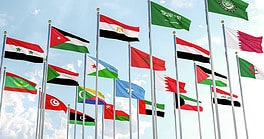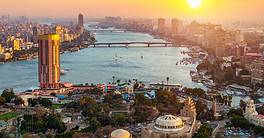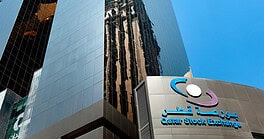Nations compete for foreign direct investment.
Despite the menace to global trade from US-China tensions, developing economies remain a magnet for foreign investment flows. In 2018, China, the second-biggest recipient of foreign direct investment (FDI) globally after the US, attracted $142 billion in FDI an increase of 3% over the prior year, according to estimates from UN trade body Unctad. Meanwhile, Asia’s trade dynamo, Singapore, lured increased FDI by 23% year-on-year, to $77 billion, sealing the city-state’s reputation as the go-to hub for Asia.
Rapidly growing markets, such as China and Dubai, the latter now firmly established as a Middle East entrepôt, have extended. In January, China doubled the Qualified Foreign Institutional Investor (QFII) program quota to $300 billion and announced it would merge the QFII program with the Renminbi Qualified Foreign Institutional Investor program, a Renminbi-denominated spin-off. China aims to simplify foreign institutions’ access to Chinese markets. It also expanded the program to include financial futures, options and
private investment funds.
Still, the decision is also about attracting foreign capital into local capital markets. “The regulatory breakthrough is due to the imminent inclusion of China in major equity and bond indices. Index compilers have singled out restricted access to onshore capital markets as one of the key impediments to index inclusion,” says Jinny Yan, China economist for ICBC Standard Bank. Beijing also published a draft Foreign Investment Law as pressure built on China to further loosen access to its domestic markets.
In a similar vein, the United Arab Emirates has moved to ease regulation amid a downturn in its economy. A new law allowing 100% foreign ownership was passed at the end of last year, although the government has stated the law is only applicable to certain sectors. Fourteen sectors are on a so-called ‘negative list’ and remain off-limits to foreign investors under the new law. They include banking, oil & gas, the military and telecommunications. Previously, foreign companies were limited to 49% ownership when operating outside of free zones.
The move coincides with a decision to grant visas of up to 10 years for investors, entrepreneurs and specialists working in fields of medicine, science or research. Investors’ eligibility for a 10-year visa will be linked to the size of their investment.



